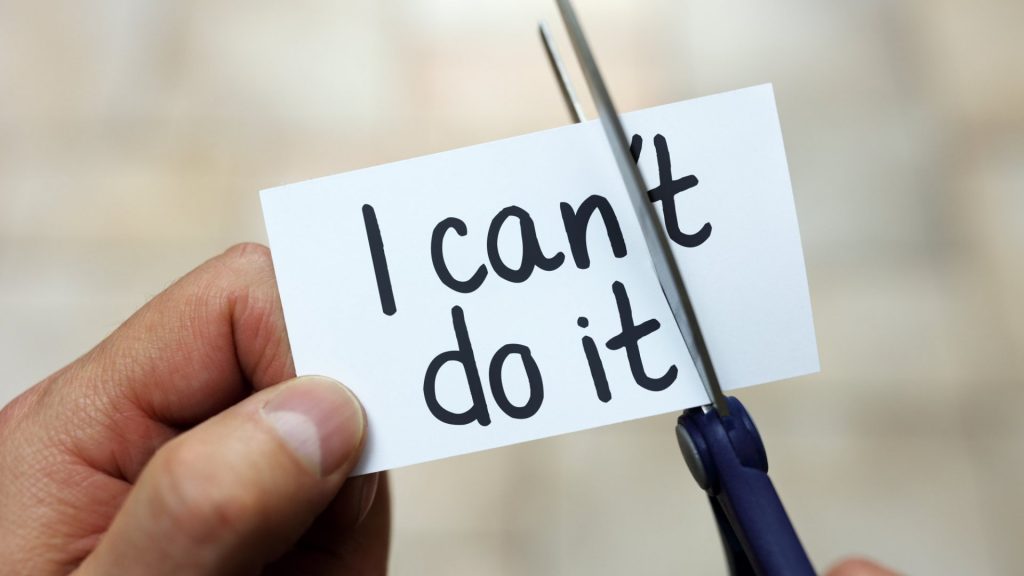‘’ Possessing little self-regard can lead people to become depressed, to fall short of their potential, or to tolerate abusive situations and relationships. Too much self-love, on the other hand, results in an off-putting sense of entitlement and an inability to learn from failures. (It can also be a sign of clinical narcissism.) Perhaps no other self-help topic has spawned so much advice and so many (often conflicting) theories.’’
What is Self-Esteem?
Self-esteem: you may remember it from every after school special ever created. It’s the topic of school assemblies, self-help books, and magazine articles galore. But what exactly is self-esteem? And why is it such a big deal?
Generally speaking, we can think of self-esteem as the extent to which we approve of and respect ourselves. It’s our personal evaluation of our own worth, and may not reflect our actual talents and abilities. It’s strictly our opinion: how we feel about ourselves.
Nathaniel Branden was a leading expert in the field of self-esteem, and wrote extensively on the topic. According to Branden (1995), self-esteem is made up of two main components:
• Self-efficacy: Confidence in our ability to cope with life’s challenges.
• Self-respect: Believing that we are deserving of happiness, achievement and love.
So, if we have self-esteem we are confident in our abilities, and feel that we deserve happiness.
Defining Self-Esteem
Self-esteem is the value you place on yourself after judging and defining your beliefs. Self-esteem encompasses both beliefs (“I am an efficient manager.”) and emotions (victory, grief). People assess their self-esteem with questions such as −
● “Am I worthy of this designation?”,
● “Am I living a fulfilling and happy life?”,
● “What is my worth in the eyes of my relatives?”.
People with low self-esteem tend to have a false, inferior evaluation of their own that makes them experience shame, dissatisfaction and guilt even after they perform well. People with low self-esteem should understand that they are better than what they rate themselves as.

Self-Reflection
People with low-esteem often feel helpless and powerless to take a stand. They don’t encourage new ventures and remain dissatisfied even after getting success. They tend to blame people for their mishaps and always compare themselves unfairly with others and resent in isolation.
This tendency to always stand in the line of fire, even if the blame should lie with someone else is called self-trap. People with low-esteem trap themselves deliberately in abusive relationships, so that they can continue a steady interaction with those people whom they admire and want to stay connected to.
While the cause of low self-esteem may vary from person to person, the underlying reasons for many people having low-esteem are abusive childhood, bullying, failures in relationship, loss in business, and the inability to live up to the expectations in domestic and professional life.

People with low self-esteem end up having a very negative and critical way of viewing themselves. It can even go to extent where people actually find solace when others find faults in them, because that reinstates their negative self-evaluation.
What can be clearly seen as a case of severe undermining of one’s own abilities, low self-esteem goes hand in hand with low self-confidence, although both are not the same thing − low self-esteem is a negative self-evaluation, whereas low self-confidence is a negative self-belief.
Do It Yourself Activity
Before we begin to practice self-esteem values in our life, it is necessary to realize where we stand on the positivity scale. The following exercise is designed to present a clear idea on how we view ourselves and how much improvement we need to bring in our thought process. You are requested to be as honest in your answers as possible.
A small tip − Write the first answer that comes to your mind.
Fill in the blanks with phrases that you would use to describe yourself in the following areas −
● Education●
●
●
● Workplace●
●
●
● Friends●
●
●
● Family●
●
●
● Health●
●
●
● Peace●
●
●
● Strengths●
●
●
● Partner●
●
●
● Spirituality●
●
●
● Personality●
●
●
● Emotions●
●
●
● Career●
●
●
● Society●
●
●
● Children●
●
●
● Parents●
●
●
● Skill-sets●
●
●
● Hobbies●
●
●
Try-it yourself in a sheet.


